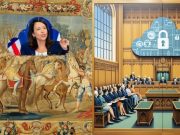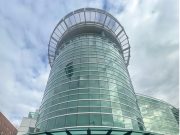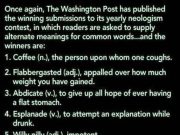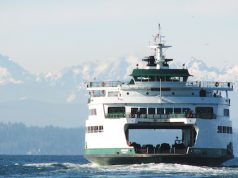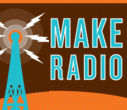 You are invited to a FREE information session, Jan 24, 2013, featuring speakers from several of Seattle and King County’s technology, arts, cultural and educational organizations, on how your nonprofit may b eligible and able to apply for, build and operate one of Seattle’s newest low power radio stations.
You are invited to a FREE information session, Jan 24, 2013, featuring speakers from several of Seattle and King County’s technology, arts, cultural and educational organizations, on how your nonprofit may b eligible and able to apply for, build and operate one of Seattle’s newest low power radio stations.
Seattle/King County may have room for up to 9 LPFM radio station licenses per zip code. The opportunity to apply for an LPFM license is coming in October 2013. Brown Paper Tickets’ Doer specializing in public interest media, community engagement and social fundraising has organized this information session, the first in a series of events, that will show King County’s nonprofits and educational institutions a path towards using the airwaves to further their missions and enrich our communities.
In this session, we will share information that will be helpful in evaluating if operating a low power radio station is right for your nonprofit or educational institution and local financial resources that are available.
Speakers include:
Randy Engstrom, from the City of Seattle Office of Arts & Cultural Affairs
Sara Edwards, from 4Culture
David Keyes, from the City of Seattle Department of Information Technology
Rahwa Habte, from OneAmerica
Amoshaun Toft, from UW Bothell
President Obama signed the Local Community Radio Act into law in January 2011. Friday, November 30th, 2012, the Federal Communications Commission announced their regulations for the last wave of hyper-local low power radio.
These signals will reach 3 to 10 miles, have localism requirements, and will be less expensive than full power radio stations.
We’ll talk about what’s possible with not only a radio signal, but a studio with the potential to be a multi-platform media hub.
Use it as a tool for elevating and sharing local arts and culture, as a driver of your local creative economy, as a free or low cost option for media making tools in your neighborhood, digital storytelling projects, training for media students, organizing for social change, or convening events to discuss community aspirations. There are many possibilities to explore.
We’ll help you assess if you can reasonably build the capacity to run such a hub, navigate the application process, do a community needs assessment, develop a community engagement strategy, fundraise using traditional public media methods and emerging social and participatory fundraising, consider governance structure options, ensure ongoing FCC reporting requirements are met, recommendations on how to seek legal counsel, manage volunteers, explore youth and community development through media, and think through approaches to programming.
Get tickets here!
More information at www.4culture.org.
The Langston Hughes Performing Arts Institute for the use of their space. for the use of their theater. The Langton Hughes Performing Arts Institute is a 2013 addition to the Office of Arts and Cultural Affairs. LHPAI brings an applied performing arts expertise to OACA and to the Seattle Performing Arts Community. More information is available at http://www.seattle.gov/parks/centers/langston.htm
Seattle Department of Information Technology for their technical assistance and comments to the FCC. The Seattle Department of Information Technology is responsible for providing technology services and policy planning for Seattle’s citizens and City of Seattle departments and employees. More information at www.seattle.gov/doit
Prometheus Radio Project for their tireless work in making this opportunity possible across the United States. www.prometheusradio.org.
This event is produced by Sabrina Roach, our Brown Paper Tickets Doer specializing in public interest media, community engagement, and social giving.
http://community.brownpapertickets.com/Doers/radio.html [24×7]


